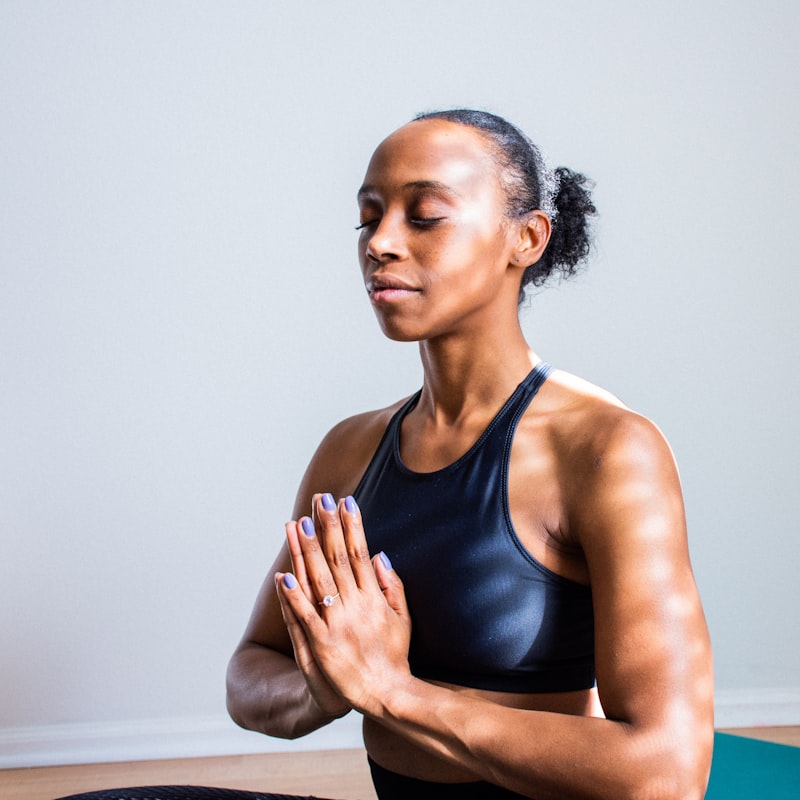Let's be real, who among us hasn't given in to the siren call of impulsive shopping at some point? You know, that irresistible urge to buy something not because we really need it, but simply because... well, shopping is a blast, right? However, when that fun occasional splurge turns into a compulsive need to shop, it's time to hit the brakes. Are you finding yourself constantly stressed about money, or maybe even straining relationships due to your shopping habits? If so, fear not, because we're going to tackle this shopping obsession together, head-on!
Shopping addiction, also known as compulsive buying disorder, is a behavioral addiction characterized by an excessive and uncontrollable urge to shop and spend money, often resulting in negative consequences. Unlike regular shopping habits, which are typically motivated by practical needs or desires, shopping addiction is driven by an emotional need for gratification and a sense of control.
People with a shopping addiction may experience a rush of excitement or pleasure when making a purchase, but this feeling is often short-lived and followed by feelings of guilt, shame, or regret. They may also find themselves preoccupied with shopping, spending excessive amounts of time and money on it, and neglecting other important areas of their life.
Why the obsession?
Shopping can be more than just a way to spend time or money. For some, it's a coping mechanism, a way to fill a void or distract from the stress of daily life. Problem is, like any addiction, it can easily spiral out of control...and that's when the real trouble begins.
What are some common triggers that lead to compulsive shopping?
You've got that itch again, that undeniable urge to splurge that starts with an innocent visit to your favorite online store. One moment you're casually browsing, and the next, your cart is overflowing with items you hadn't planned on buying. You're not alone, my friend. We've all been there! But what if the thrill of the hunt and the click to confirm turn from a harmless pastime into an obsession? Then we've got a problem, right?
Don’t worry, though. We're here to help you take control. So, put down that credit card, step away from the cart, and let's discuss some of the common triggers that lead to compulsive shopping.
- Shopping can be triggered by a variety of factors, including stress, anxiety, depression, and other emotional issues. Shopping can provide a temporary escape from negative emotions, and the act of buying something can release dopamine in the brain, which can create a feeling of pleasure and satisfaction.
- Advertising and social media can also be triggers for compulsive shopping. Advertisements are designed to create a sense of need or desire for a product, and social media can make it easy to compare yourself to others and feel like you need to keep up with the latest trends.
- Financial stress can also be a trigger for compulsive shopping. People may feel like they need to buy things to make themselves feel better, even if they can't afford it. This can lead to a cycle of debt and financial problems.
- Finally, boredom can be a trigger for compulsive shopping. People may turn to shopping as a way to fill their time or to create excitement in their lives. This can be especially true for people who are retired or who work from home and have a lot of free time.
How can compulsive shopping impact personal relationships and financial stability?
Is that ever-growing pile of shopping bags in the corner of your room starting to look more like a mountain? Are you feeling a bit like Smaug from "The Hobbit," hoarding your precious treasures? If you're nodding, it's time we had a chat about how compulsive shopping can play havoc with your personal relationships and financial stability.
The thing is, your shopping habit isn't a solitary act, it's a social one. And no, I'm not talking about those romantic candle-lit dinners with your credit card. I mean the real people in your life. Let's break it down:
- Financial Impact: Imagine you're on a boat. Your monthly salary is the boat, and your shopping obsession is like drilling holes into the bottom of it. Funny? Maybe not when you're in the middle of the ocean, huh? The more you spend, the less you save, and the more you risk financial instability.
- Strained Relationships: When you're constantly shopping, it's easy to neglect the people who matter. Are you missing out on family dinners because you're too busy bagging the next bargain? Do your friends feel they're competing with a pair of Jimmy Choo's for your attention? It's a slippery slope, my friend.
It's crucial to understand that compulsive shopping isn't just a harmless pastime but can have serious consequences on your life.
"If you think that the grass is greener on the other side, it's because it's fertilized with bullshit." - Steve Maraboli
Compulsive shopping can be a quick fix for deeper issues you might be dealing with, but just remember: any happiness it brings is fleeting and superficial. It's like a sugar rush, you're on top of the world one moment, and crashing the next. The real and lasting joy comes from strong relationships and financial stability, and that's worth more than any designer bag.
So, are you ready to swap those shopping bags for a healthier wallet and happier relationships? Stay tuned, we're just getting started!
What are some effective strategies to overcome shopping addiction?
So, you've realized that your retail therapy may be crossing the line into a shopping addiction. The good news is, you're not alone, and there are several effective strategies to help you beat this urge to splurge. Let's dive into it.
1. Identify the Triggers
First things first, identify what triggers your shopping sprees. Is it stress? Boredom? Sales emails? Once you're aware of what fuels your shopping obsession, you can start working on strategies to counteract these triggers. Remember, knowledge is power, my friend.
2. Create a Budget
Wait, don't roll your eyes at me! Sure, budgets may not be the most exciting thing in the world, but they're incredibly useful. With a solid budget in place, you'll be more conscious of your spending habits, and that's a big step towards overcoming your shopping addiction.
3. Seek Professional Help
If you're finding it difficult to manage on your own, don't hesitate to seek professional help. Therapists and counselors can provide you with the tools and strategies you need to overcome this compulsion. Remember, there's no shame in asking for help.
4. Find Healthy Alternatives
Need a stress reliever that doesn't involve a shopping cart? Try taking up a hobby, going for a run, or practicing mindfulness. Not only will these alternatives be kinder on your wallet, they'll also do wonders for your overall wellbeing.
5. Use Cash Instead of Cards
Paying with plastic can sometimes make spending seem less real. Using cash instead can give you a more tangible sense of how much you're spending, making you think twice before you splurge.
There you have it. You've got the tools, now it's time to use them. Are you ready to swap your shopping shoes for a pair of thrift-savvy sneakers? Put down that credit card, step away from the online cart, and arm yourself with our tips.
Remember...
Being a shopaholic isn't about having a closet that rivals a Kardashian's. It's about finding that perfect top in the clearance rack, wearing it like it's a designer piece, and still having money left in your bank account for pizza on Friday night. Now, that's what we call a shopping win!
So, what are you waiting for? It's time to put these tips into action, and give your wallet the break it deserves! Who knows, you might even start a new trend - shopaholic to budget guru. Now wouldn't that be something?






